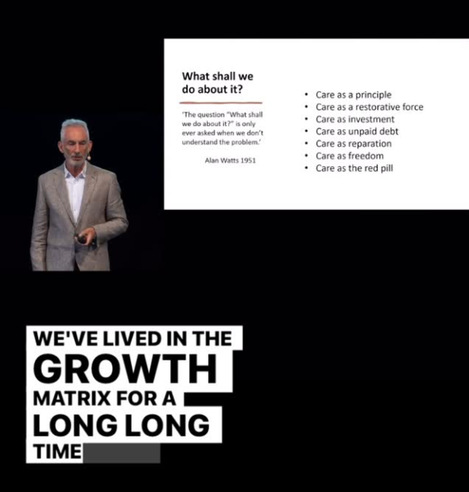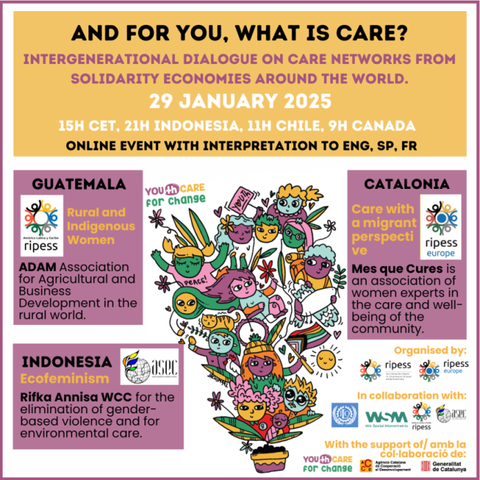Unpaid Care Work: The Invisible Pillar of Latin America’s Economy:
In Latin America and the Caribbean (LAC), unpaid care work—done predominantly by women—accounts for 15-24% of regional GDP. Yet, this labor remains unrecognized, reinforcing gender inequality. Let’s unpack this.
📌 Key issues:
- Women in LAC spend 3x more hours on care than men, limiting their economic autonomy.
- Lack of childcare, elder care, and clean water access deepens poverty among women.
🔄 Progress & gaps:
- Uruguay’s National Care System: State-supported childcare and elder care.
- Costa Rica: Linking care policies to women’s workforce inclusion.
- Structural barriers: Patriarchal norms in rural/Indigenous communities hinder change.
⚠️ Critical debates:
1. Funding care infrastructure: Progressive taxes vs. budget reallocations?
2. Cultural shifts: How to engage men as caregivers in machismo-driven societies?
💬 Your take:
- What policies should prioritize care in your country?
- How can we redefine “care” as a collective responsibility?
🔗 Dive deeper: UN Women’s report on care economies in LAC: (https://lac.unwomen.org/sites/default/files/2025-02/es_perspectivageneroinfraestructurascuidados.pdf)
#CareEconomy | #GenderEquality | #latinamerica
Food for thought: Sweden achieves 90% paternal leave uptake. What would it take for LAC to replicate this?






